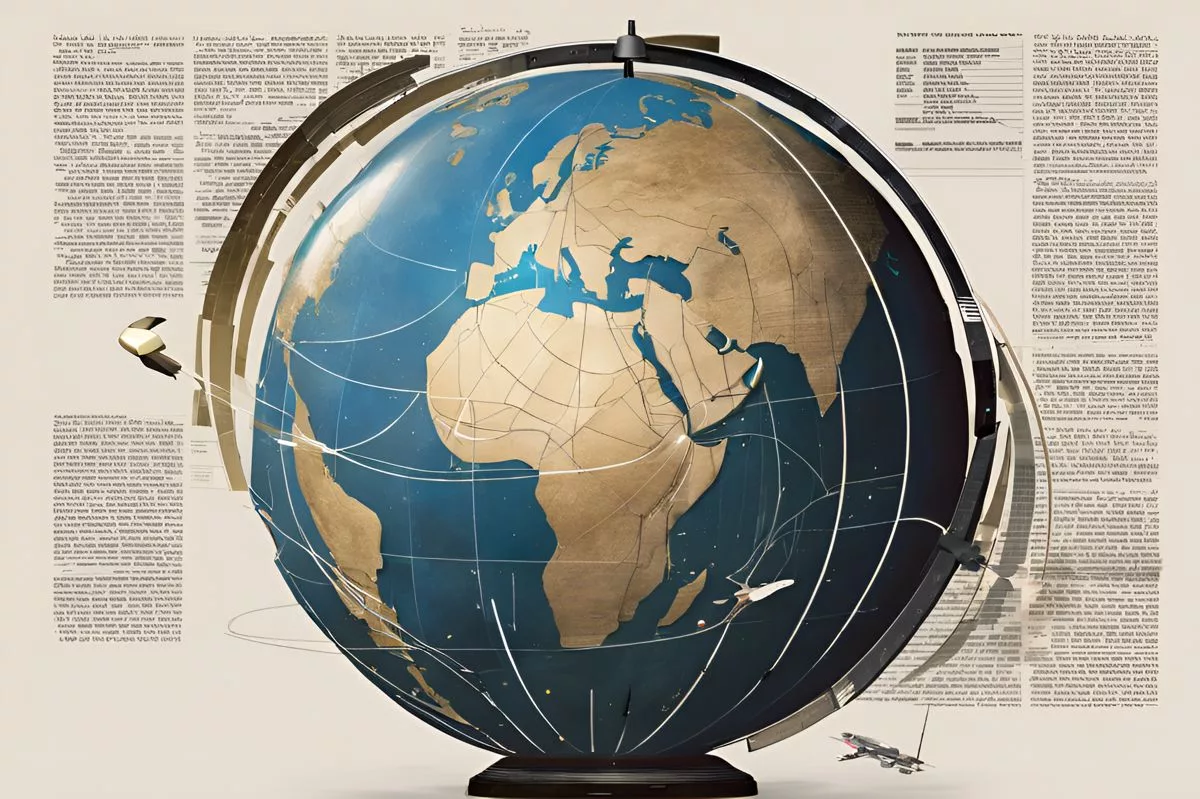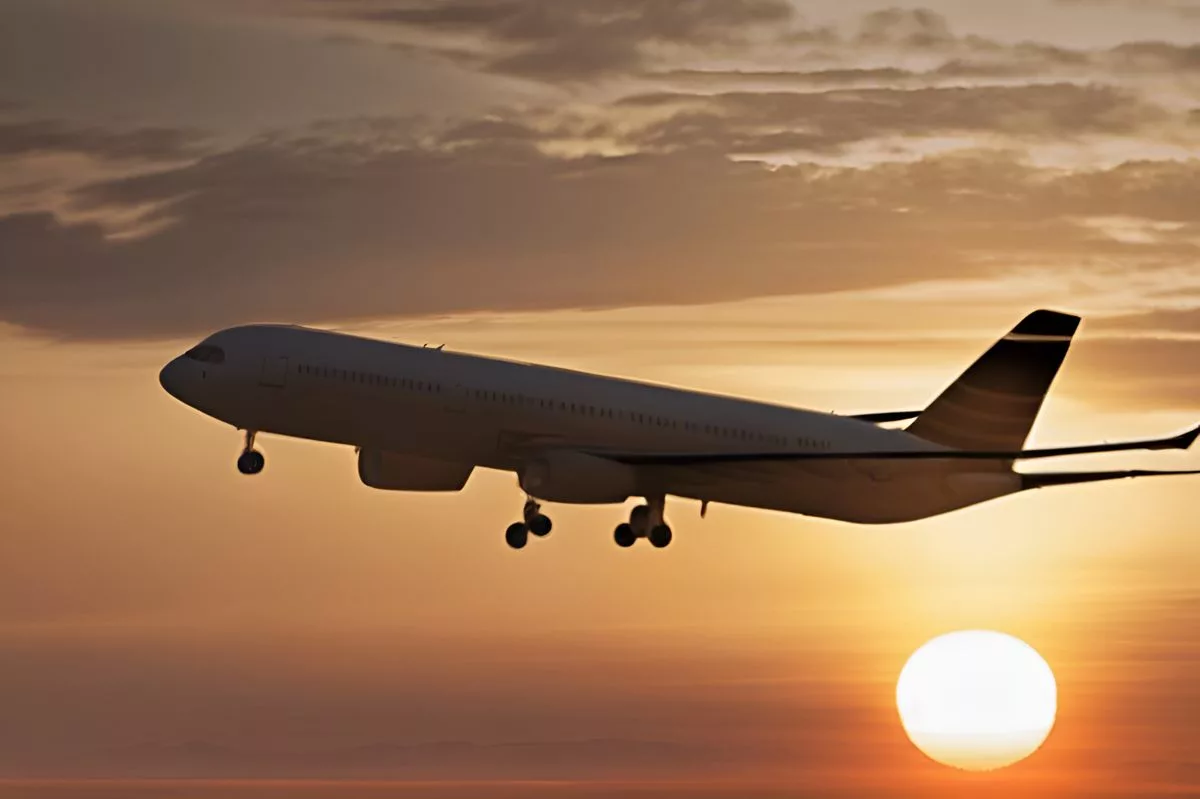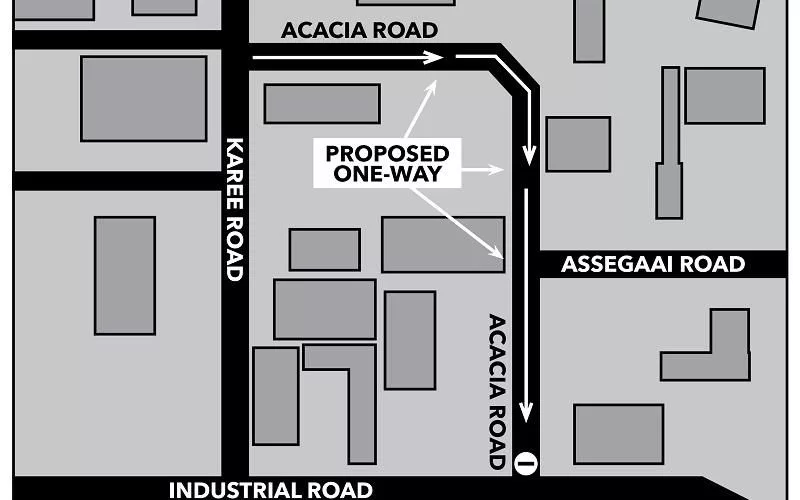South Africa is eagerly anticipating the arrival of Elon Musk’s Starlink project, which aims to revolutionize internet accessibility in rural and secluded regions. However, regulatory hurdles have hindered its entry into the country. South Africa’s Electronic Communication Act requires that any communications license holder must be 30% owned by historically disadvantaged groups, which could pose a significant hindrance to Starlink’s application process. Recent events suggest potential progress, but it remains to be seen if Starlink can navigate regulatory constraints and bring about a new era of connectivity in South Africa.
Can Starlink Provide Internet Services in South Africa?
Elon Musk’s Starlink project aims to revolutionize internet accessibility in secluded and rural regions, including South Africa. However, regulatory hurdles have hindered its entry into the country. While progress has been made in neighboring countries, South Africa’s Electronic Communication Act requires that any communications license holder must be 30% owned by historically disadvantaged groups. Recent events suggest potential progress, but it remains to be seen if Starlink can navigate regulatory constraints and bring about a new era of connectivity in South Africa.
The Promise of Connectivity
In the junction of pioneering ideas and pressing needs, SpaceX’s Starlink project, helmed by Elon Musk, is primed to redefine internet accessibility in secluded and rural regions. South Africa is one such area, anxiously anticipating this technological transformation, given the country’s ongoing struggle with inadequate connectivity. A recent exchange with a South African citizen named ‘Boer’ underscored this issue. Boer highlighted the issue of a slow 6Mbps satellite connection hindering online education, to which Musk proposed the possibility of expanding Starlink into South Africa.
This suggestion sparked widespread interest throughout the nation. Starlink is renowned for providing speedy internet services via a constellation of low-Earth orbit satellites, an intriguing prospect, particularly in regions where traditional internet provision is either unprofitable or impractical.
However, this optimism is met with a dose of reality as the Independent Communications Regulator of South Africa (Icasa) reported that SpaceX has not yet initiated the process for acquiring a communications license in the country. Consequently, Musk’s declaration of ‘waiting for regulatory approval’ leaves the situation shrouded in uncertainty.
The Regulatory Landscape
Notably, Starlink has been making strides in Africa, overcoming regulatory hurdles to begin operations in neighboring countries such as Botswana, Zimbabwe, Mozambique, and eSwatini. This development leads to the question: Why is South Africa, renowned for its technological progress, still wrestling with regulatory constraints?
A substantial barrier resides in the provisions of the Electronic Communication Act. The Act dictates that any communications license holder must be 30% owned by historically disadvantaged groups. Given SpaceX’s ownership structure, this requirement could pose a significant hindrance to the application process.
However, recent events have shed light on potential progress for Starlink’s endeavor. Icasa has shown a willingness to support international satellite internet providers. In August, they issued a notice suggesting an inquiry into new satellite regulations, including procedures for registering international operators. This measure could potentially clear a path for Starlink’s entry into South Africa’s communication industry.
The Proactive Approach
Simultaneously, SpaceX has adopted proactive measures to address the issue of illegal Starlink usage in South Africa. They have enforced a ‘two-month rule’, which suspends the service if the dish is utilized outside its assigned home country for more than two months without being returned. This rule exemplifies a determined effort to regulate Starlink services and uphold compliance with national legislations.
The prospect of Starlink’s expansion into South Africa holds the promise of a major digital transformation, particularly in underserved areas where the effect could be groundbreaking. The potential to facilitate online education and foster digital literacy in these regions is considerable.
Yet, the path to this digital revolution is strewn with regulatory obstacles. It is a delicate balance between SpaceX’s ambition to extend its satellite internet service and the need to comply with South Africa’s regulatory prerequisites.
The Dawn of a New Era
As South Africa eagerly anticipates the regulatory green light, the potential inception of Starlink signifies the beginning of a new epoch in connectivity and technological progress. The narrative of Starlink’s expansion into South Africa is still in the making, and its full revelation promises to be a significant chapter in the annals of digital history.
1. Can Starlink provide internet services in South Africa?
Yes, Starlink aims to provide internet services in South Africa. However, regulatory hurdles have hindered its entry into the country.
2. What is the Electronic Communication Act in South Africa?
The Electronic Communication Act in South Africa requires that any communications license holder must be 30% owned by historically disadvantaged groups.
3. Why is South Africa still wrestling with regulatory constraints for Starlink?
South Africa’s regulatory constraints for Starlink are due to the Electronic Communication Act that requires any communications license holder to be 30% owned by historically disadvantaged groups.
4. What are the proactive measures that SpaceX has adopted to address the issue of illegal Starlink usage in South Africa?
SpaceX has enforced a ‘two-month rule’, which suspends the service if the dish is utilized outside its assigned home country for more than two months without being returned.
5. How can Starlink’s entry into South Africa impact underserved areas?
The potential to facilitate online education and foster digital literacy in these regions is considerable.
6. What is the potential impact of Starlink’s expansion into South Africa?
The potential impact of Starlink’s expansion into South Africa is the beginning of a new epoch in connectivity and technological progress.












